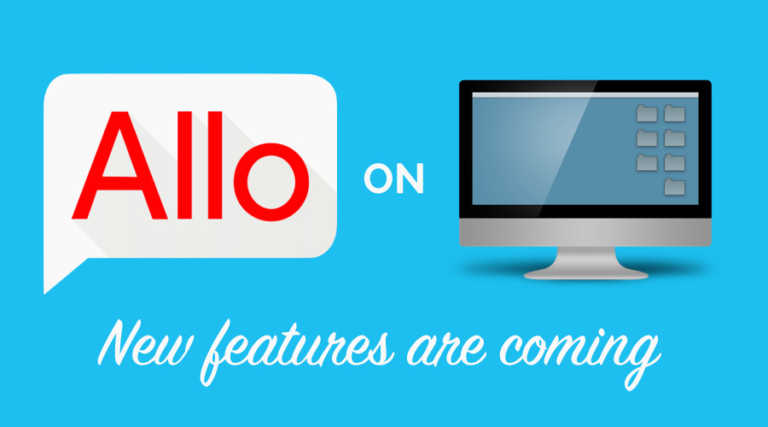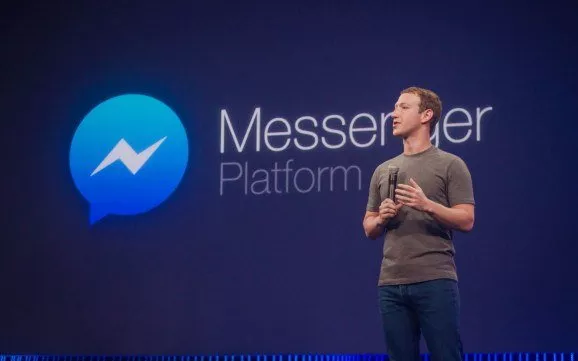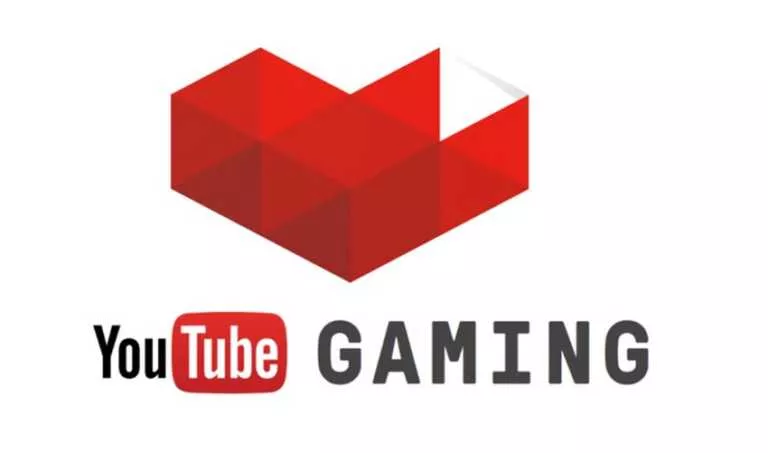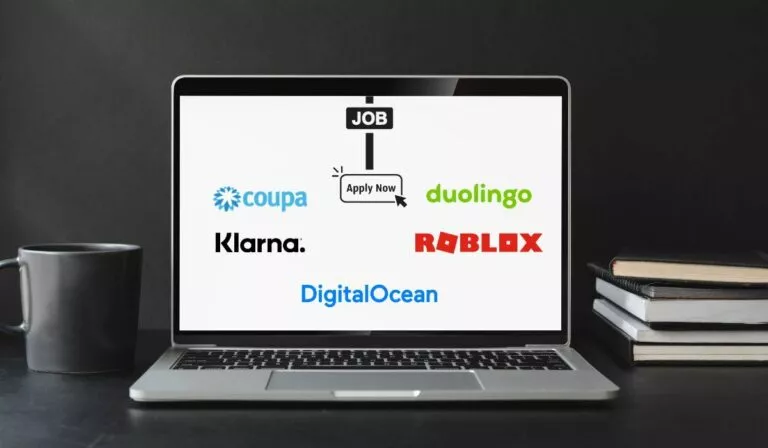Opinion: Your Right To Privacy Is Not In Danger. Chill Out.
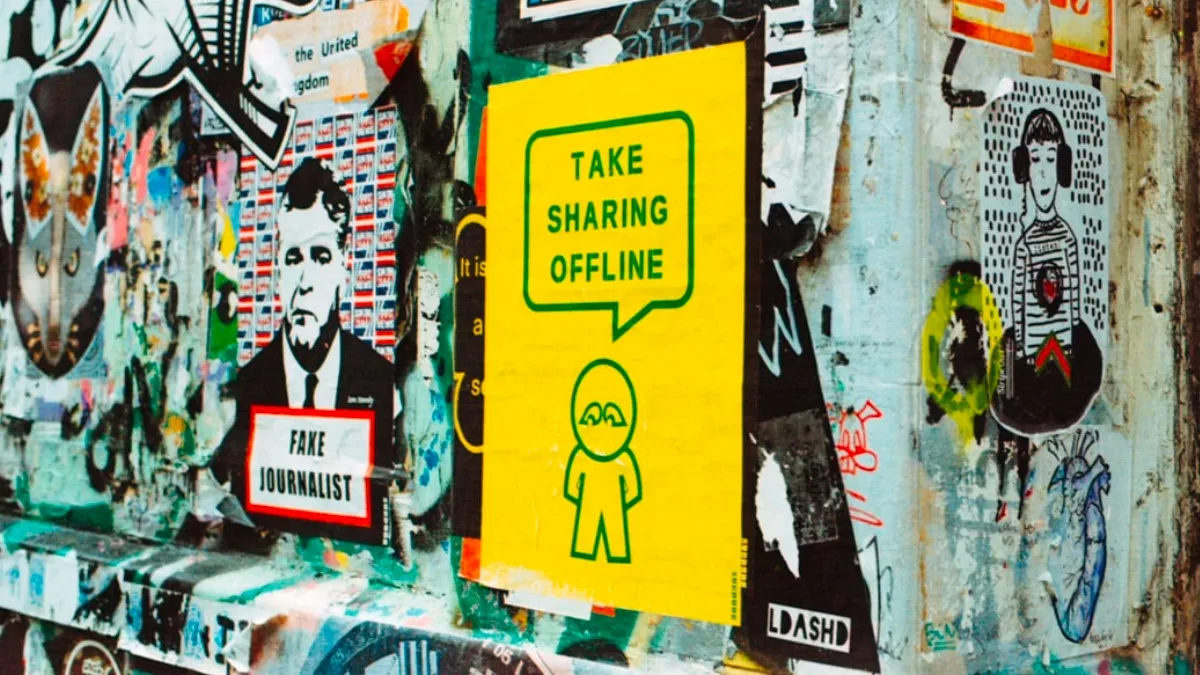
The internet privacy nightmare is a big danger to your right to privacy and everyone on big tech wants to take a bite out of the data pie. Yes, that’s the ultimate reality of the web but it is one that shouldn’t worry you. Why? Simple, your data in the hands of big tech is as useful as you let it be. And for the most part, I sincerely think Facebook knows nothing about me or you.
But what Facebook or Google may know is something that is much bigger than you and me. I can sit in my room and rant about why we’re seeing data privacy the wrong way, but it won’t matter. Simply because half of us are not even aware of the kind of sabotage we’re in for. So today, let me disillusion you from thinking that Facebook employees high-five each other every time a guy is caught cheating online.
Data Sharing Is Good

True, privacy is a myth and it should remain that way when it comes to certain things. Now don’t get me wrong here. I don’t mean the government or companies should be able to open our cameras as they did in the movie Snowden. All I ask for is patience, so we can talk about the good and the bad or data sharing.
However, it is important to know that you have a right to privacy but privacy is a myth to a large extent, compromising which makes things convenient. Yes, YouTube takes notes of whatever you watch to make you watch more. But the recommendations that come from YouTube are worth it. The same goes for every other service you use.
You let them see what you’re interested in, so they can show you more of it. Let’s talk about Facebook privacy issues. If there’s one company that took the flak for making a mockery of everyone’s right to privacy, it’s Facebook.
Think of it as that one friend that you can count on to make you laugh if it knows that you need a laugh. The internet becomes more intimate with you as you open up more with it. Of course, there are downsides to it, but your privacy is certainly not the problem.
Villainizing Personalization
Right To Privacy On The Internet
If you want to define the right to privacy and how internet privacy works, you’ll probably search for it on Google. Ironically, Google will see what you looked for and make the search more relevant. So if you chose to come to Google instead of going to the library, you told Google you’re interested in reading about your right to privacy.
The moment you do that, you’ve compromised your privacy, like location, language preference, and so on to get better search results. It is definitely not a bad deal seeing the time it saved for you. Also, you get a number of results which makes it even cooler.
The Blame Games

Let’s say that YouTube showed you some lovely cinematic shots of something you want to buy. The next thing you’ll see is the ads sneaking upon you. What will creep you is that the ads will be of things based on your interests so there’s a bigger chance of you spending that sweet money you’re saving for something else.
Personalized ads or ‘relevant’ ads are as effective as you let them be. Again, the internet can only suggest you stuff, it is you who’s punching in your credit card to sign up for it. If you really don’t want to take the blame and are looking for something else to blame, we’ve got that too.
California Management Review published an article explaining data privacy and personalization. It pointed out how landlords and people in the real estate business used Facebook ads to exclude families with women and children, disabled veterans, and others from seeing their ads. Such exclusion has been seen when the wrong people get the right tools.
Facebook ads let publishers choose the people who can see their ads. In the simplest of terms, it is a good tool, it’s the people that choose to misuse such tools. Metaphorically speaking, you can use a scalpel to perform a good surgery, but you can also use it to bleed someone to death.
That’s where social media companies come in. They’re the ones handing out scalpels, so they’re also to be held responsible for its use. Seeing the comprehensive instructions issues by Google and Facebook about the use of their tools, you can only blame them for not force-feeding the instructions and guidelines.
What Should You Worry About Then?

If you thought you got nothing to worry about, well, SURPRISE! If you look at the size of the internet, and then the number of companies controlling it, you’ll see what you should worry about. While personalization and data sharing are great, they’ve also created a new market.
This new data-driven market is making things tougher for new companies to prosper. It is so because some companies, namely Facebook, Google, Amazon, and Apple, have enough of your data to innovate things that you’ll like. Facebook Hotline is the most recent example of the company catching up with the competition.
With new ‘privacy’ tools, Google and Apple are cutting out third-party cookies and ads, keeping the Android and iOS ad spaces exclusively to themselves. That’s the danger. The monopoly. While the DOJ and the US Congress have been worried about it for a while, big tech is already another step ahead.
Also Read:
Apple, Google, and Facebook are basically making others pay to have a sneak peek at your data. They’re doing this by promising you that your data isn’t sold. In a nutshell, your privacy isn’t in danger because you can more or less control it.
What’s in danger is the wider freedom of choice. Social media privacy shouldn’t be about micromanaging what data is out there. It should be about making sure that if there’s data out there, it shouldn’t be someone’s monopoly. Example: Gmail, YouTube, Google Drive, Google Play, Google Sheets, Docs, Slides, Play Movies, Chrome, Meet, Duo, Maps, and even Android itself belongs to Google.
So if you’re an Android phone, Google literally owns everything on it. You should chill out because your privacy is not in danger. But you should remember that the open market that created big tech is the same open market that big tech is so carelessly killing out.
Rounding Up: It’s About Options
Social media-related privacy risks are nothing compared to the monopolistic boring things we’ll have to see if this continues. Take WhatsApp for example. When the company had to implement a privacy policy (which was definitely not needed), it simply flashed a banner on top of our chats and the status section till people agreed out of irritation.
Also Read:
During a senate hearing, it was pointed out that Google’s privacy policy was changed almost 30 times in the last 5 years. This should be enough to say that our privacy is as strong as the company wants it to be. Such things bring me to a simpler conclusion: privacy shouldn’t be taken all that seriously because it is already done with now.
Pro-privacy groups should now be concerned with transparency and equity of data availability. Since data is the currency of the future and the future is now (Elon Musk would like this one), the concerns shouldn’t be about holding back but moving forward at parity. If we’re to compromise our privacy, the least we deserve are options. Real options from real companies other than just the big ones. We need the imperfect internet where I can leave my filter bubble anytime I like.

